Should you lease or buy the equipment for your fitness studio or gym? If you are a new business owner, then you best option might be leasing. First, you do not have to pay the higher costs up front and can allow yourself to pay a little less for the latest equipment. Leasing can also provide for a fairly good tax deal, as the payments are going to be fully deductible. Again, you must be very careful because financing companies have been known to scam fitness business owners with ludicrous hidden fees/costs. Let us say you want to finance $50,000 dollar worth of equipment and want to know what your monthly lease payments will be. Simply put, your lease payments will be determined by the following factors:
1. Type of Credit
2. Franchise vs. Non-Franchise
3. Cash Reserves
Obviously franchising an already existing fitness concept is a lot less risky than starting a new one, so you are likely to get a lower lease payment. Leasing vs buying should not simply be a tax decision, you need to do a thorough cost v. benefit analysis before making the decision. You need to consult your strategic fitness accountant like The FitBiz CPA to find out more about the large tax savings if you decide to lease equipment. Depending on the business entity type that you chose, if you are a C-Corp then leasing your assets can protect you against business creditors.
At some point the equipment might become obsolete and no longer have any viable use. You can claim an annual depreciation deduction and have it 100% written off. Another advantage of leasing is the fact that you can avoid taxable gains from depreciation recapture when you dispose of the equipment. On the other hand, if at the end of the lease you want to purchase the equipment then you must immediately start taking depreciation deductions. If you catch a mistake after you have filed a tax return, then it can be corrected. A mistake could result in a tax refund or a tax bill, the correction is made by filing Form 3115 or Form 1040X. Delegating these tasks to a firm that can handle your books, taxes and outsourced CFO services is going to be key.
From time to time, you will see your equipment get stolen or be damaged due to excessive use. In the tax code this is called involuntary conversion, if this loss has been fully reimbursed by the insurance company and you used all the proceeds to replace the stolen/damaged equipment then there will not be any tax consequences. For example, let us say that the insurance company reimburses you $900 dollars for a broken treadmill and you use the $900 to purchase a new treadmill then there is no taxable gain. On the other hand, if your basis in the equipment was $700, then you would have a taxable gain of $200. The keys to remember here are that your basis in an asset determines your depreciation deductions and gains/losses. While buying or leasing equipment may have their distinct advantages, the Section179 deduction should be given special consideration. This particularly advantageous deduction allows fitness studio owners to immediately write off certain long-term assets if they qualify as an operating expense.

